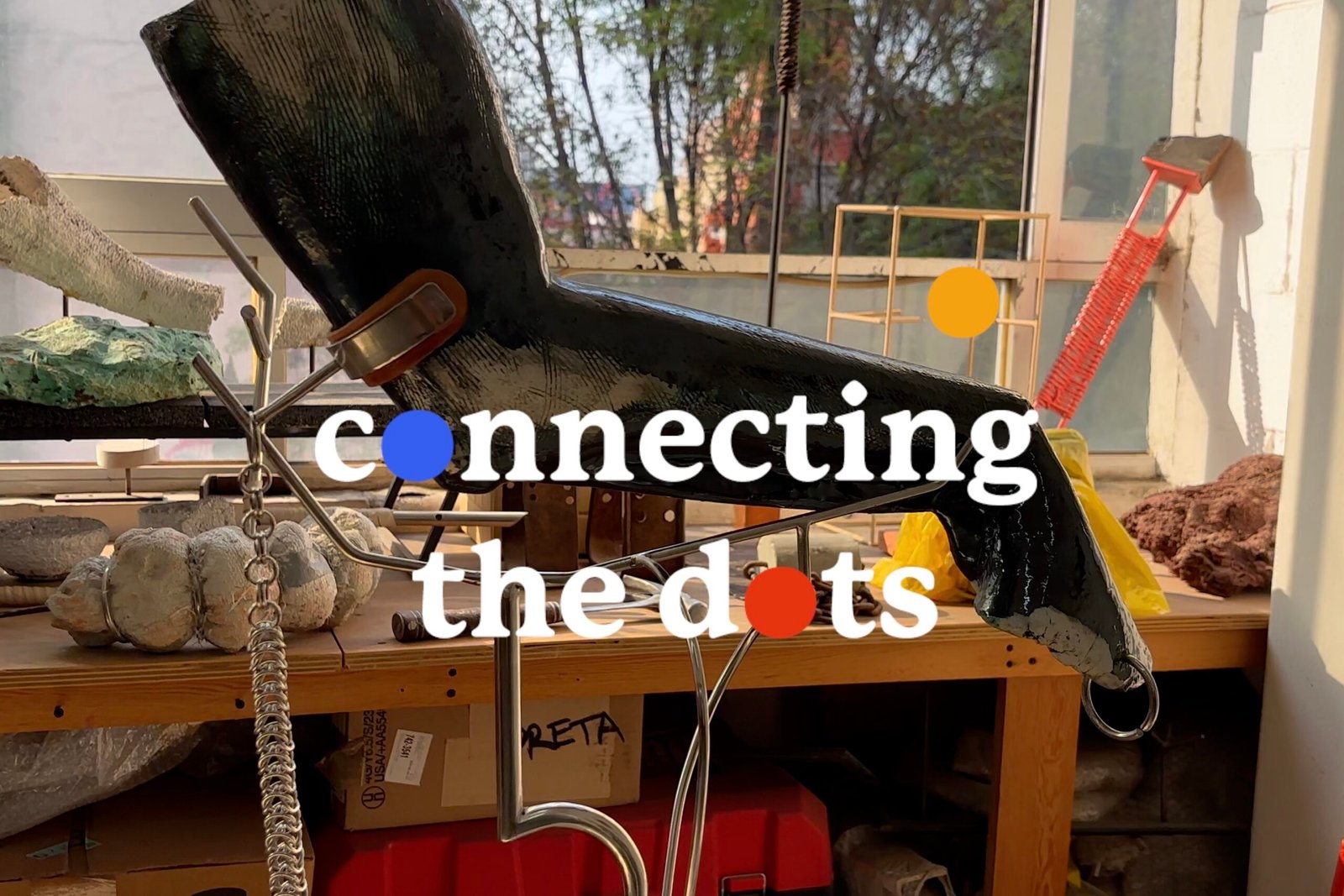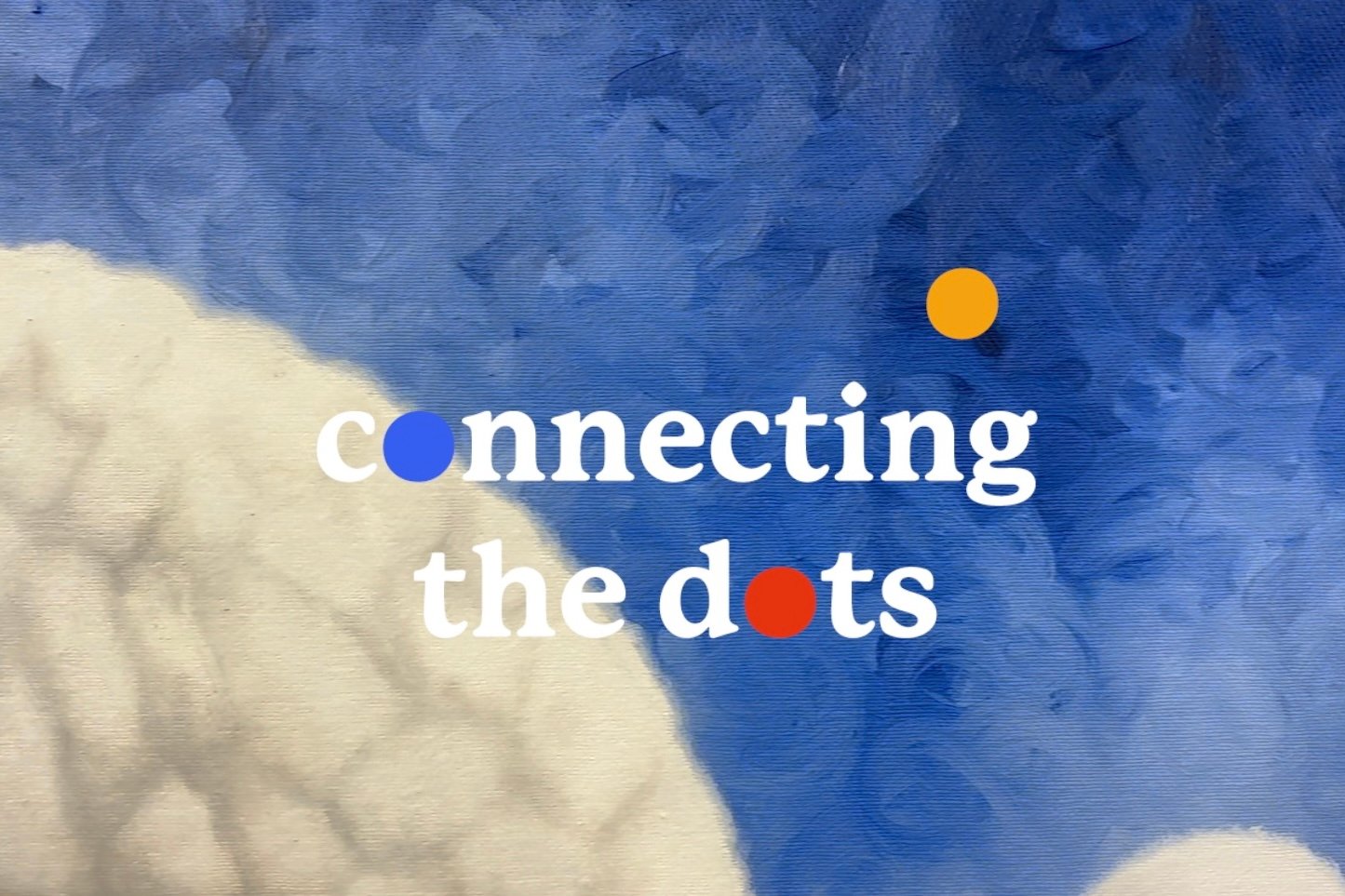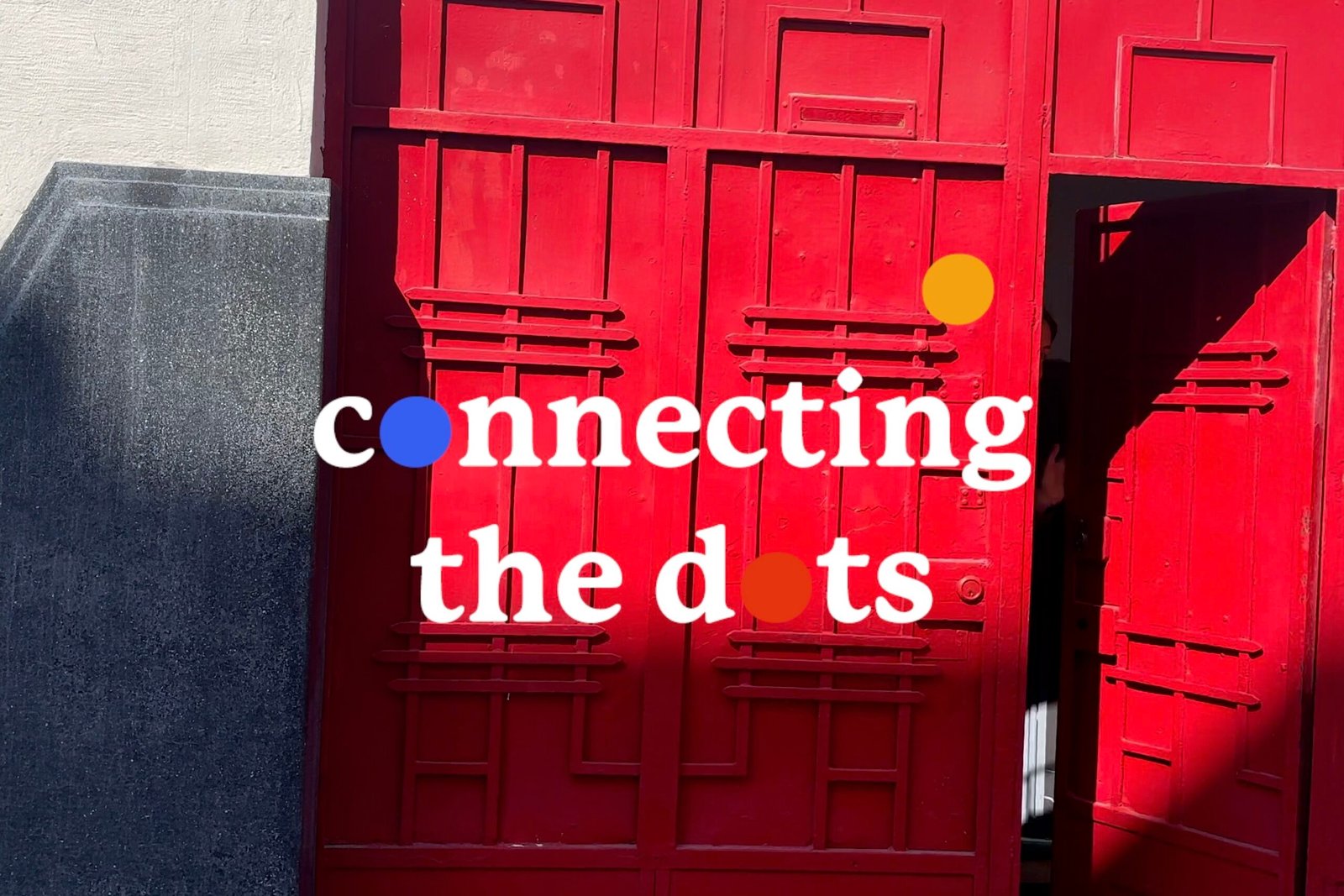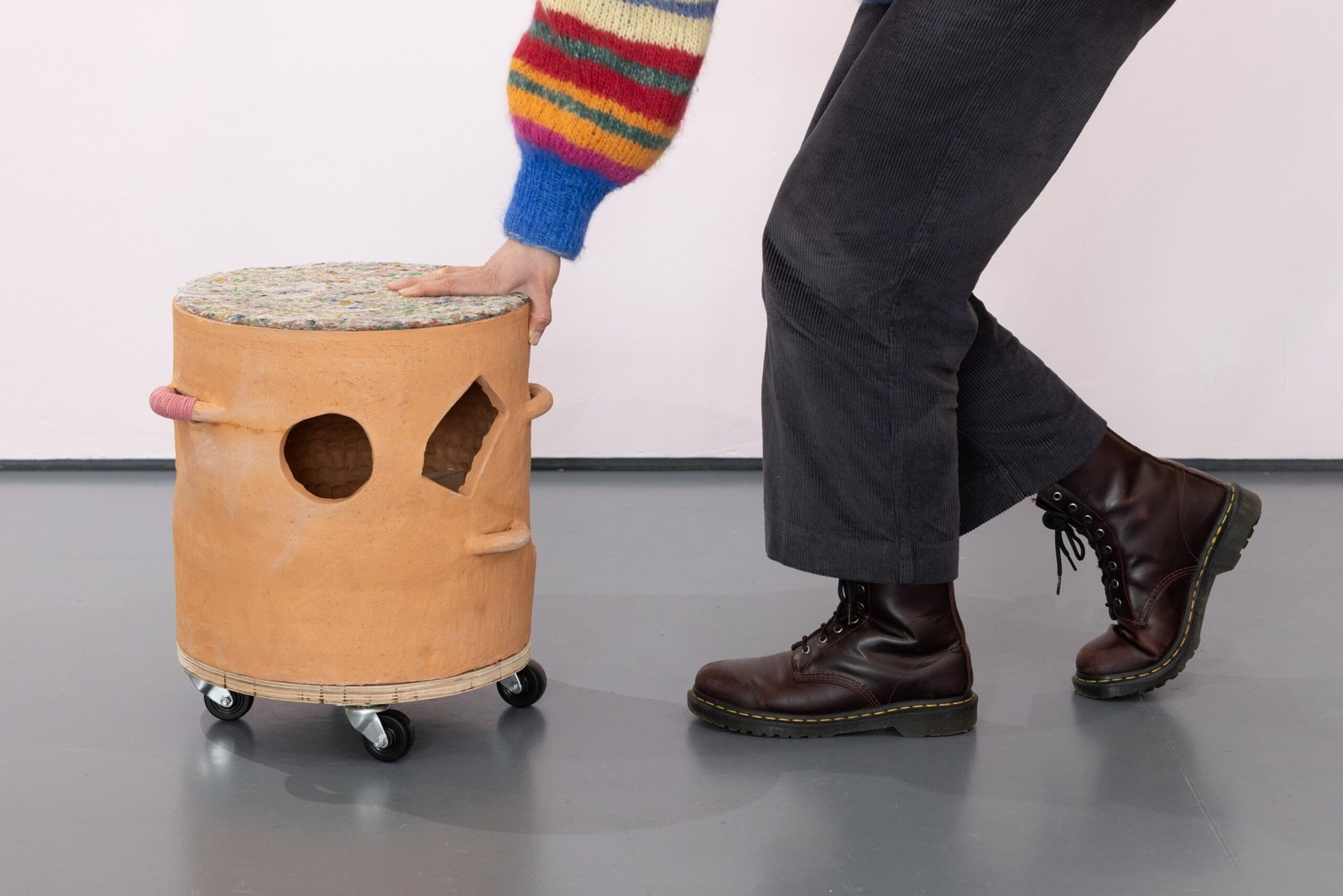Curating Through Connection: A Conversation with Jane Hayes Greenwood

For many, the practice of an artist is viewed as solitary—an individual immersed in their creative process. Yet, artists like Jane Hayes Greenwood remind us that collaboration and community lie at the heart of artistic evolution. For The Nature of Things, a group exhibition at Castor, Hayes Greenwood exhibited 19 artists, showcasing not just their voices but the power of collective expression.
The show explores the blurred boundaries between the human and non-human worlds, touching on ecology, technology, and the interconnectedness of life. As both a painter and the cofounder of Block 336, an artist-run space in Brixton, Hayes Greenwood brings years of experience working within artistic communities, showing how curating can extend these relationships.
Reflecting on the process, Hayes Greenwood notes, “The exhibition is shaped by the works in it. I started with key pieces but as I researched further, I found gaps I wanted to explore.” Her selection process was both intuitive and deeply rooted in personal connections with many of the artists, enabling her to weave a cohesive narrative without imposing a rigid curatorial structure. “I invited artists whose works aligned with the broader themes of the show. Some were artists I knew well, others I’d admired from afar, and some were completely new to me.” This openness allowed her to curate a show that felt fluid and dynamic, with the artworks themselves leading the direction.
Hayes Greenwood’s approach was not merely about assembling artists whose work fits the theme; it was also about building relationships. “Meeting the artists was one of the most joyful parts of the process—visiting their studios, understanding more about them and their work,” she says. By fostering these personal connections, Hayes Greenwood created a space where the artworks could resonate individually while contributing to a larger conversation about the human experience and our relationship with nature.
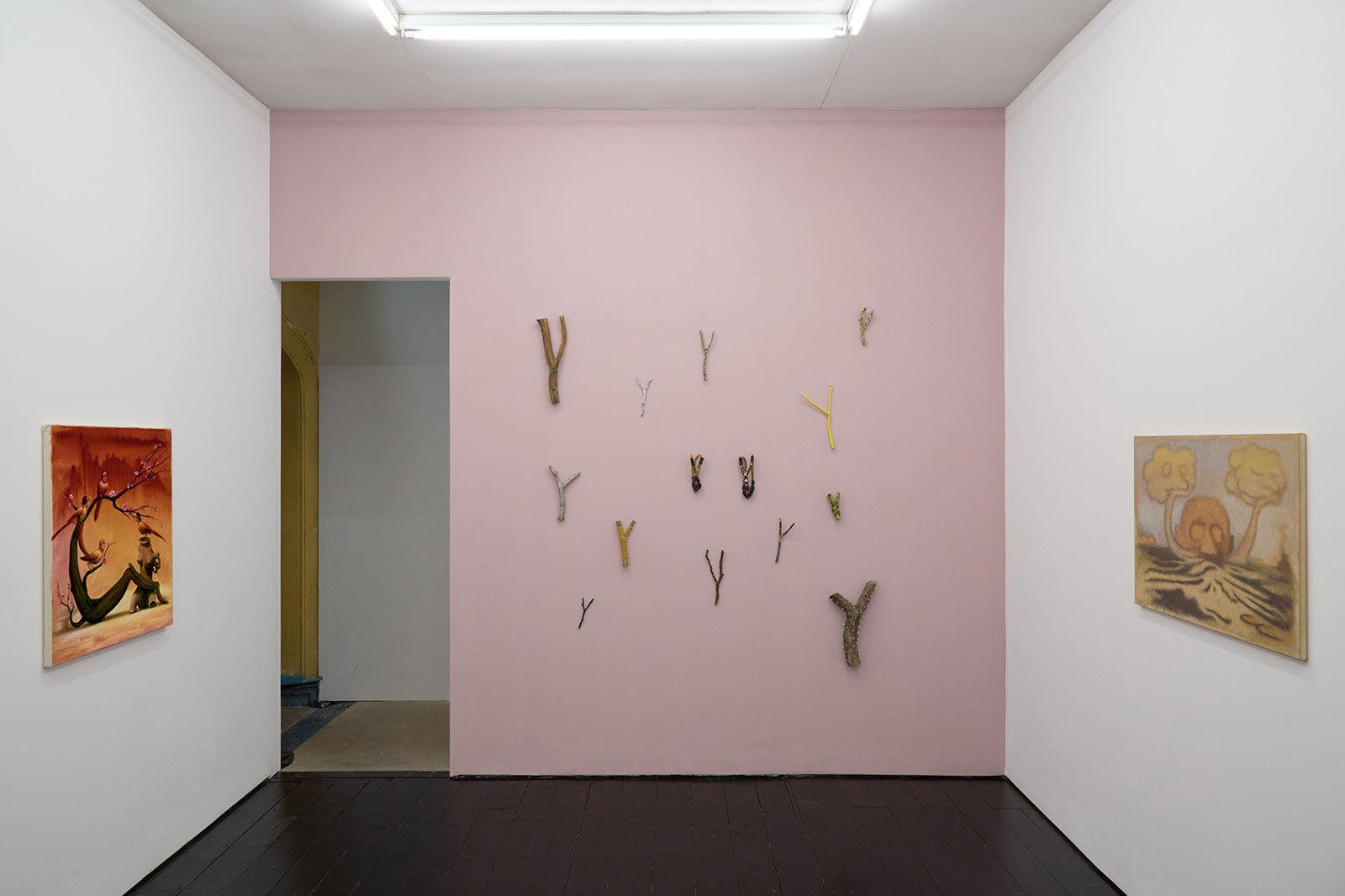

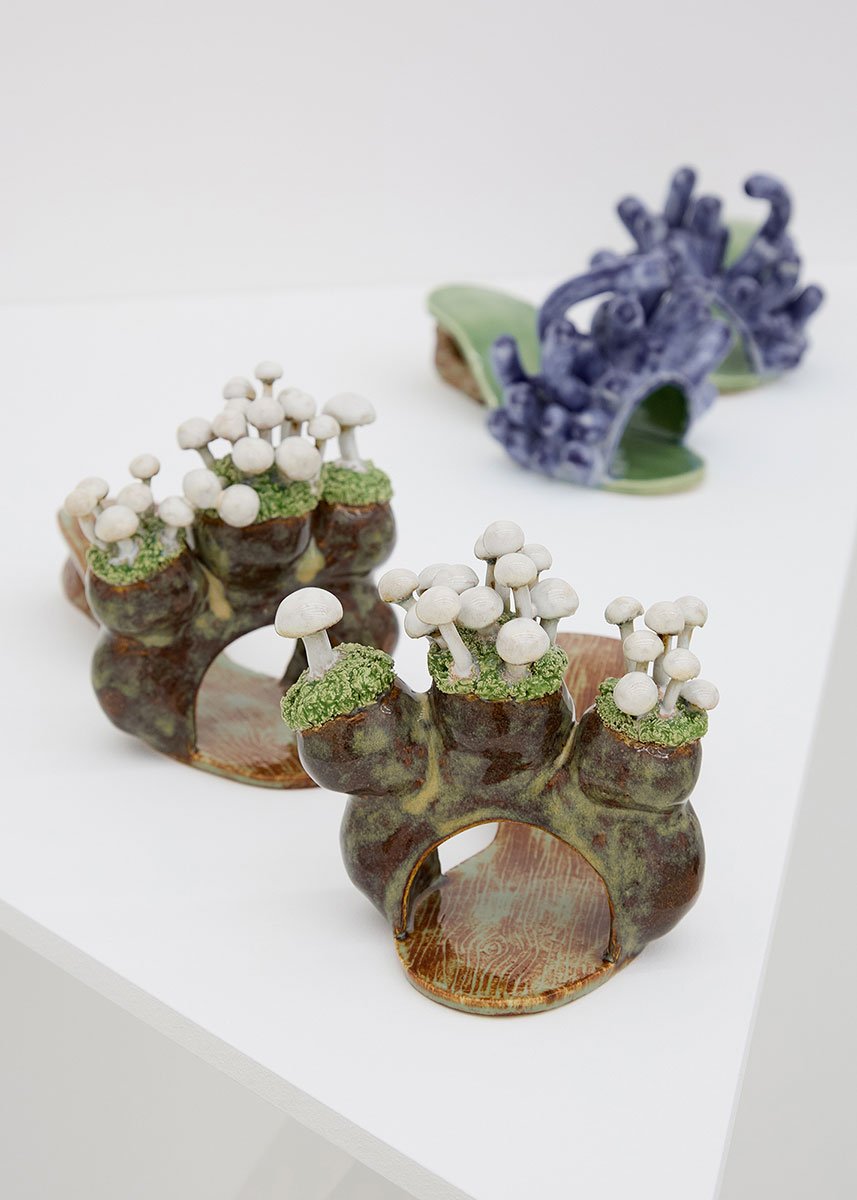
The show featured a range of media, with artists at varying stages of their careers, from Turner Prize winners to recent graduates. "Each object, painting, or video is doing something unique," she explains. Rather than presenting a singular narrative, Hayes Greenwood allowed the works to sit within the broader framework of interconnectedness, encouraging them to "speak individually and collectively." This balance of artistic autonomy and thematic unity is something Hayes Greenwood achieved through her careful, considered curation and her willingness to step back and let the works "spark dialogues with one another."
Hayes Greenwood’s curatorial sensibility is shaped by her extensive experience as an artist and cofounder of Block 336. “Artist-run spaces are essential to the art ecosystem, though they’re becoming less viable due to high rents in London,” she reflects. At Block 336, Hayes Greenwood and her team provided opportunities for artists to experiment and push their practices in ways that weren’t commercially driven. “Working alongside brilliant artists and the Block 336 team influenced my thinking and practice in many ways—particularly how I approach space and installation.”
Her involvement in curating doesn’t detract from her practice but rather enriches it. "Curating this exhibition allowed me to contextualise my work among my peers," she says, referring to her ongoing painting series The Witch’s Garden, which explores the histories of medicinal plants and their ties to marginalised women. "Post-Covid, I’ve noticed a renewed engagement with the natural world in art, and I wanted this show to reflect that—bringing together works that speak to ecology, ancient knowledge, and the personal."

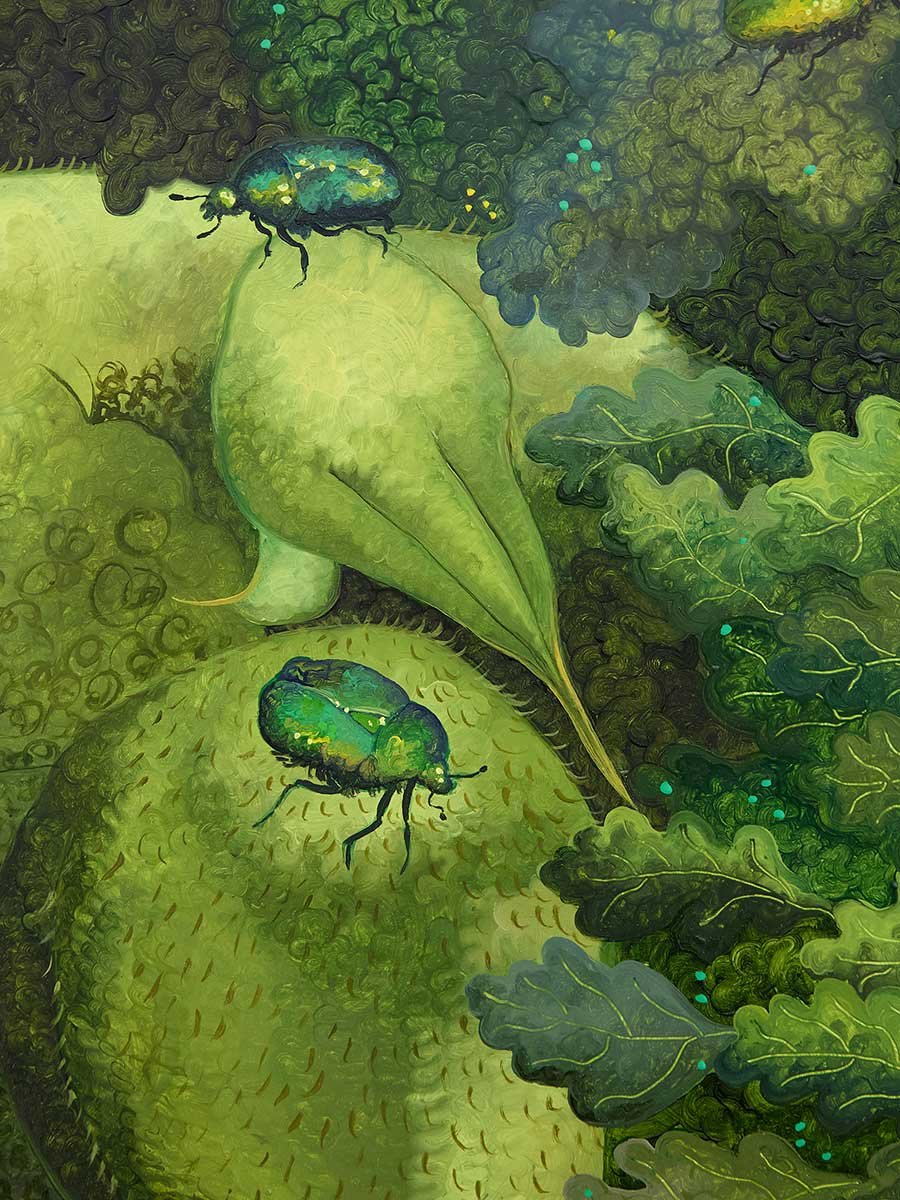
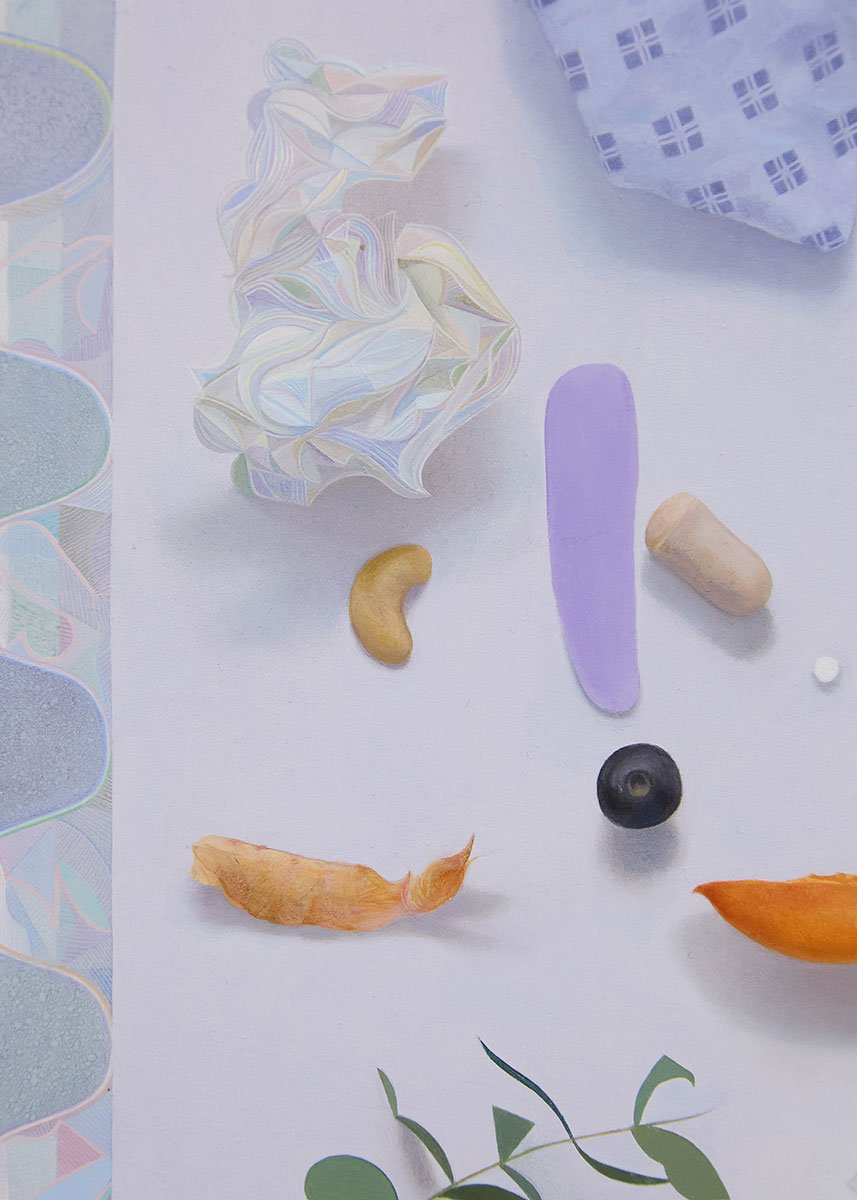
When asked about the balance between her dual roles as an artist and curator, Hayes Greenwood admits that finding time can be challenging, especially with a young family. “I don’t know if I understand balance; I just try to do all the things I want to do!” she laughs. But there’s a synergy between these roles. “Working with other artists exposes me to new ideas and material processes, which is very enriching. On the other side, my interests and sensibilities as an artist influence my curatorial decisions.”
In today’s competitive art world, Hayes Greenwood believes collaboration and community are more important than ever. “Connecting with and supporting your peers is crucial—through it, we all become stronger, more resilient, and have more fun,” she advises. Her practice and approach to curating reflect this ethos of mutual support and shared success, where the growth of an individual artist is intrinsically tied to the collective.
For Hayes Greenwood, collaboration isn’t just about working together—it’s about fostering environments where creativity can thrive. The Nature of Things exemplifies how relationships between artists, curators, and their works can create something much larger than the sum of its parts. As she reflects on the exhibition’s success, Hayes Greenwood is already thinking ahead, but for now, she’s content with the connections made through this powerful show. “At the end of the day, it’s all about fostering those relationships and creating something meaningful together.”
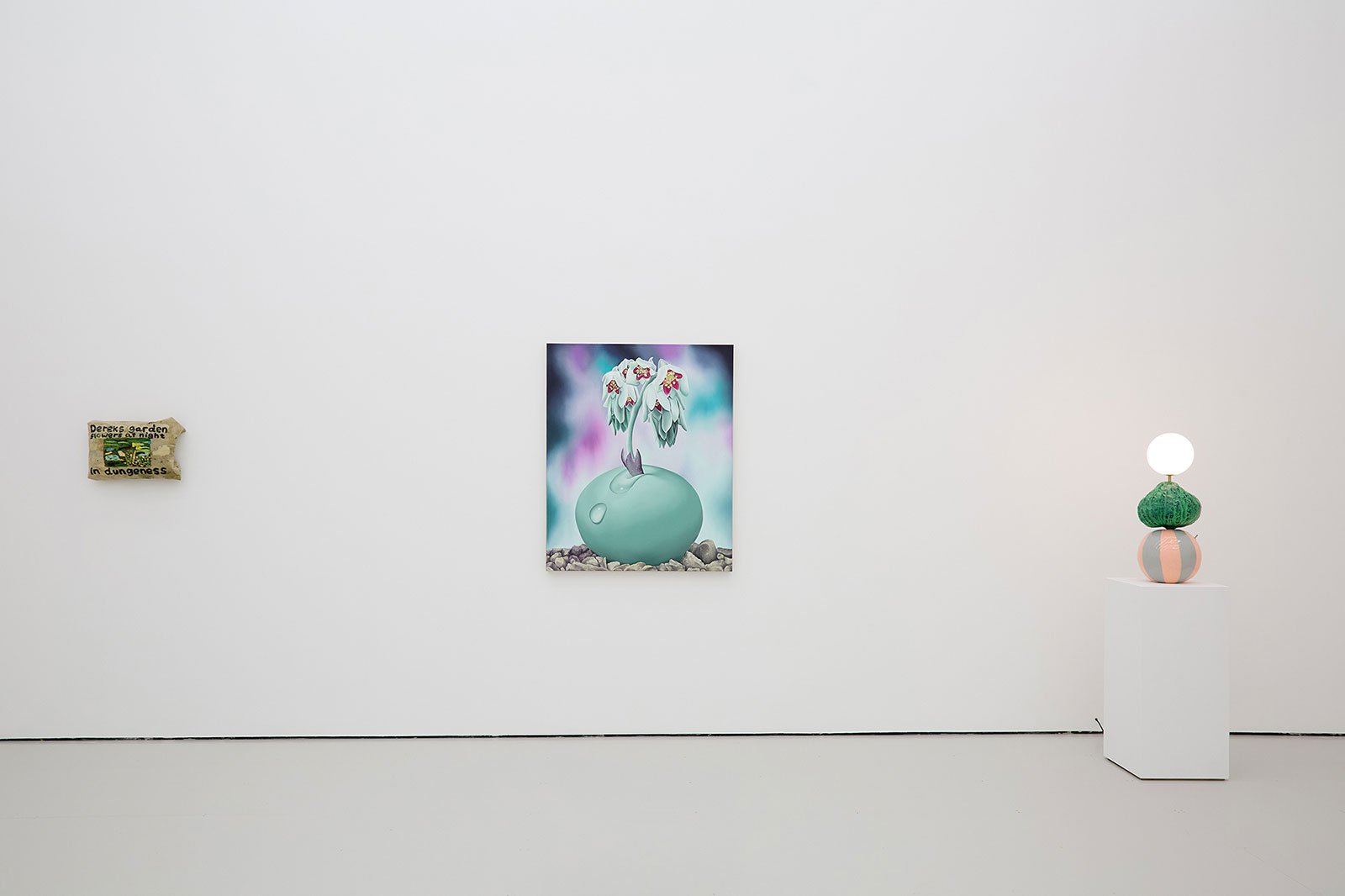
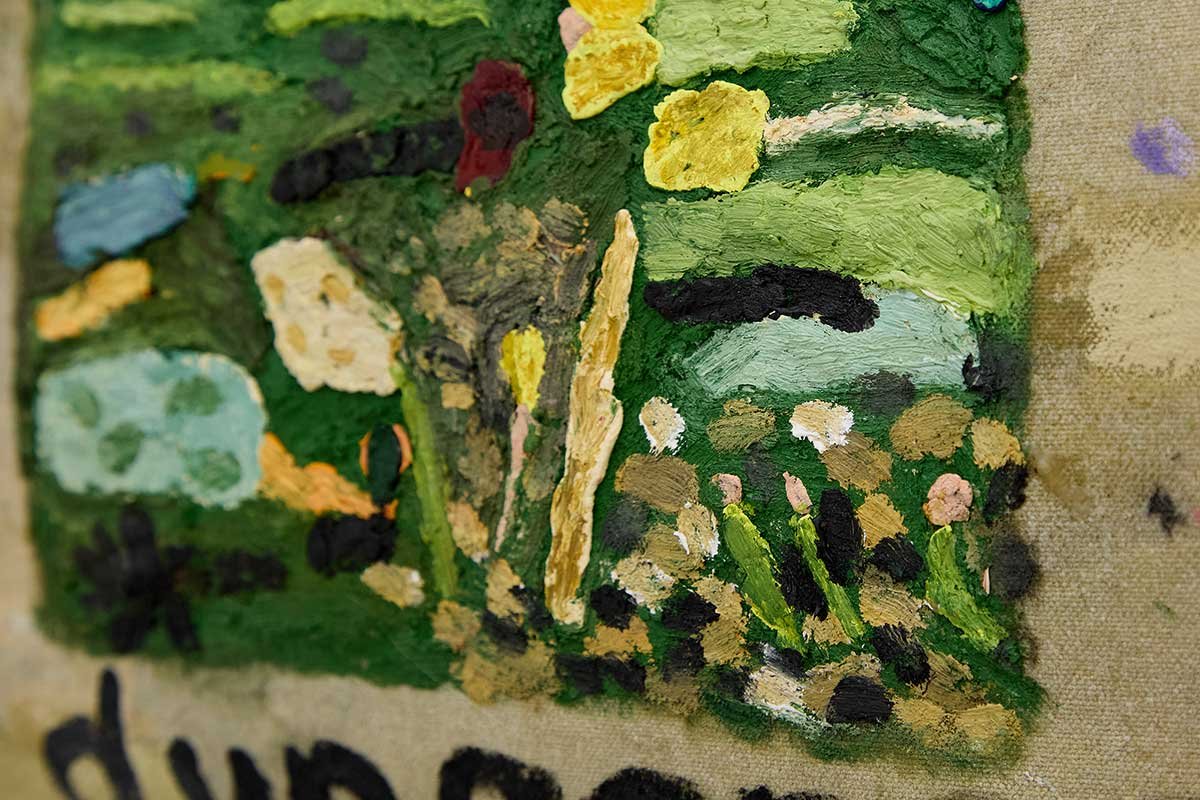
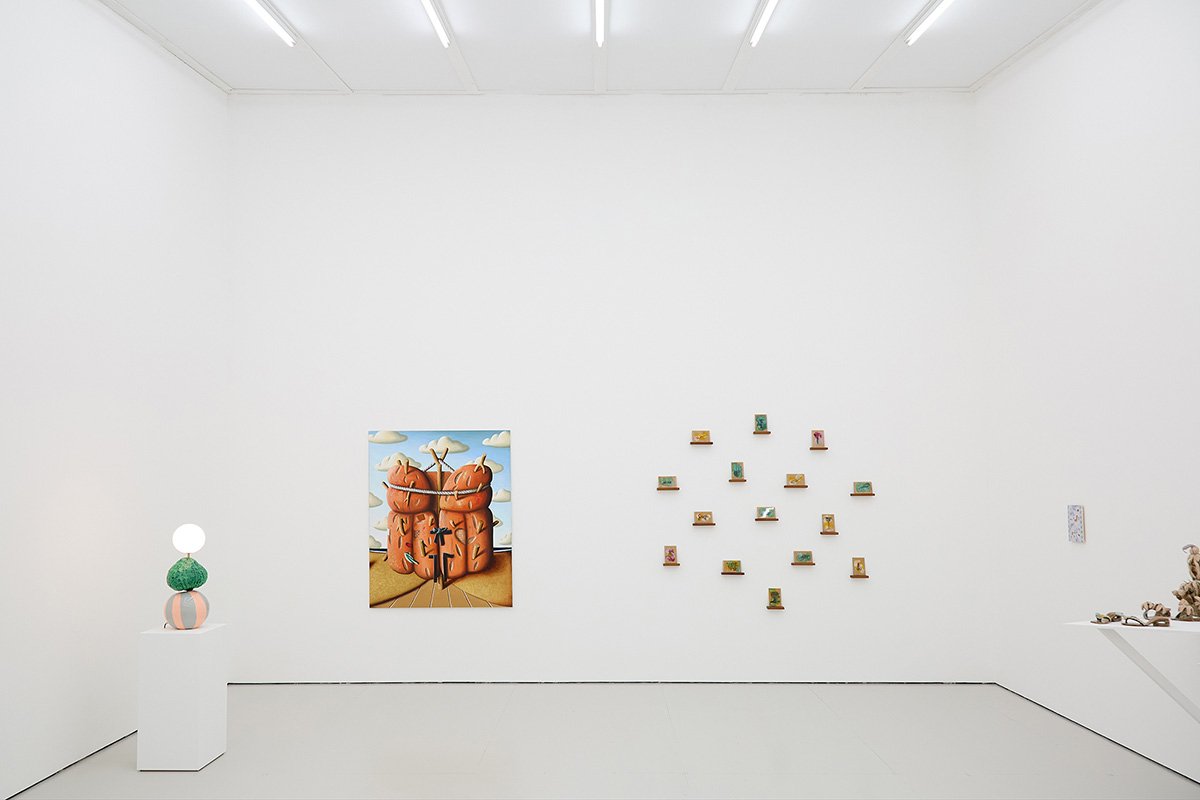

More Media
February 11, 2026
In this conversation George speaks with Yeni Mao in his Mexico City studio. This episode is released to coincide with Mexico City Art Week 2026 when Yeni will be exhibiting with Brooke Benington at the Material Art Fair as well as other projects across the city. They the importance of communities and subcultures in his sculpture practice and his artistic journey, including living and working in New York before moving to Mexico City and in doing so finding a new and growing audience for his work.
January 27, 2026
In this first episode of season 2; George visits Jane Hayes Greenwood in her South East London studio, shortly before her solo exhibition Weird Weather at Ione & Mann with Castor, in London. The discus Jane's evolution as an artist and returning home to the Yorkshire landscape of her childhood as she begins to process the passing of her mother through her latest series of paintings.
October 30, 2025
In this episode, George visits Adeline de Monseignat in her Mexico City studio, recorded during Mexico City Art Week in February 2025. It’s a warm conversation between friends that traces Adeline’s path from living and working in London to building a practice in Mexico City. They revisit the early steps of her career, how her sculpture has evolved, and the threads that run through it.
June 17, 2025
We talk with Carla to talk about her recent exhibition The Fuddling Gossips, and how gossip, care, and collaboration continue to shape both her practice and her community studio, Common Clay.

 Collaborations
Collaborations

